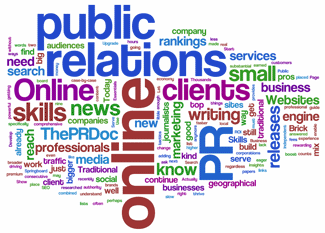
Several studies caught our attention last month and early this month. We dug a bit on each to capture exclusive data points.
Pitching Times: Set for release today, data from Propel claims to know the most propitious times and days to pitch journalists. The best days are Monday through Wednesday, it says. Pitches sent Thursday or Friday are half as likely to be responded to. It bases this data on 2,150 email pitches sent from 18 PR pros to 1,657 journalists (January 6-February 16, 2019).
And we always knew journalists rarely eat lunch. Pitches sent at 12-1pm are 90% more likely to get opened than those sent first thing, 9-10am, the data says. Propel CEO Zach Cutler says he has no idea why this is so. Perhaps journalists are busy with deadlines and meetings in the morning, he adds.
Influencer Gap: Allison+Partners’ study last month about influencers echoes some of the conclusions of the PR News-Meltwater study you read about in these pages last month. Similar to our study, Allison’s study found influencer marketing becoming entrenched, though several questions remain.
For example, “marketers expressed concern about scalability,” says Brent Diggins, managing director of measurement + analytics. This is so, Diggins told us, both in terms of their own ability and that of influencers.
For example, if marketers want to enact a nationwide campaign and do it quickly, “that is doable with something like paid media or media relations,” he says. Marketers are less confident, though, that they could deploy such a campaign quickly with influencer marketing. “This could be a barrier to growth,” he says. The reason is that influencers have “bandwidth issues, too...they can’t turn out great content as fast” as marketers demand sometimes.
24/7 Gender Neutral: A study from the Institute of PR and KPMGabout women leadership in PR found at least one commonality between the sexes, IPR chief Tina McCorkindale says. “Men and women feel pressure to constantly be on.” They often check email and calls after hours and on weekends. Some women told IPR they decided to forego having children or an additional child due to work-life pressures. Some mid-level women mentioned they eschewed top PR jobs due to the lack of work-life fit.
